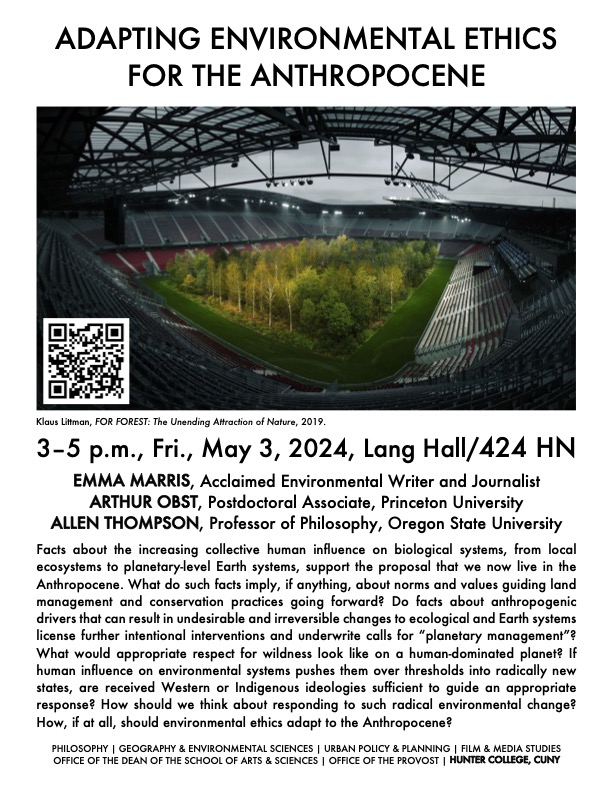In Plato’s Republic, Socrates argues that justice is good not only for its consequences but also in and of itself. Challenged by Glaucon and Adeimantus, who suggest that all human interactions are inherently competitive and that being unjust could help you get the better in these conflicts, Socrates establishes that justice is good because it is harmony in the city and in the soul. If justice is a kind of health of the soul, then surely it is better to be just than unjust. This claim might ameliorate the concerns of Glaucon and Adeimantus, but I will argue that Plato does more than address the vision of justice brought forth by Socrates’ interlocutors. Particularly through the contrasts among the different kinds of lives that are either described or depicted in the Republic, Plato points his readers toward a conception of justice that reveals it as the ground of mutuality, reciprocity, dialogue and friendship. In fact, the Republic reveals justice to be necessary to the philosophical life and, hence, to the best kind of life.
Brooklyn Public Philosophers is a forum for philosophers in the greater Brooklyn area to discuss their work with a general audience, hosted by the Brooklyn Public Library. Its goal is to raise awareness of the best work on philosophical questions of interest to Brooklynites, and to provide a civil space where Brooklynites can reason together about the philosophical questions that matter to them.
If you’re interested in finding out more, or if you’d like to give a talk, please e-mail Ian Olasov at his first and last name at gmail.com.
This event will feature a thought-provoking panel discussion with sexual and reproductive justice experts on the value of the sexual and reproductive justice framework and how it can be applied to diverse stakeholders, settings, and contexts. Panelists will also highlight examples from around the world of momentum towards sexual and reproductive justice.
Event Information
Free and open to the public; registration is required for both in-person and online attendance. For additional information, please visit the event webpage. Please email Malia Maier at mm5352@cumc.columbia.edu with any questions. All in-person attendees must follow Columbia’s COVID-19 policies.
Hosted by the Global Health Justice and Governance Program at Columbia University.
The importance of incorporating value pluralism into a theory of justice is recognized in many conceptualizations of justice. This pluralism is often seen as a reason to attend to a range of perspectives, perspectives which can function as a source of information in determining which principles should guide justice. However, philosophy’s ability to properly attend to different perspectives has received extensive attention in the criticisms of various non-ideal theorists, who argue that ideal-theoretical philosophy runs the risk of excluding important aspects of actual social problems. Taking these criticisms on board, this paper builds on non-ideal theory by arguing for a Wittgensteinian family resemblance approach to justice. I will explain how this linguistic practice-embedded understanding of justice can be a helpful tool for non-ideal theory, as it can give us insight into why, in various similar but different cases, the notion of justice is seen as applicable. In light of this approach, I will suggest a reorientation of the pluralist demand towards an empirical starting point.
Facts about the increasing collective human influence on biological systems, from local ecosystems to planetary-level Earth systems, support the proposal that we now live in the Anthropocene. What do such facts imply, if anything, about norms and values guiding land management and conservation practices going forward? Do facts about anthropogenic drivers that can result in undesirable and irreversible changes to ecological and Earth systems license further intentional interventions and underwrite calls for “planetary management”? What would appropriate respect for wildness look like on a human-dominated planet? If human influence on environmental systems pushes them over thresholds into radically new states, are received Western or Indigenous ideologies sufficient to guide an appropriate response? How should we think about responding to such radical environmental change? How, if at all, should environmental ethics adapt to the Anthropocene?
